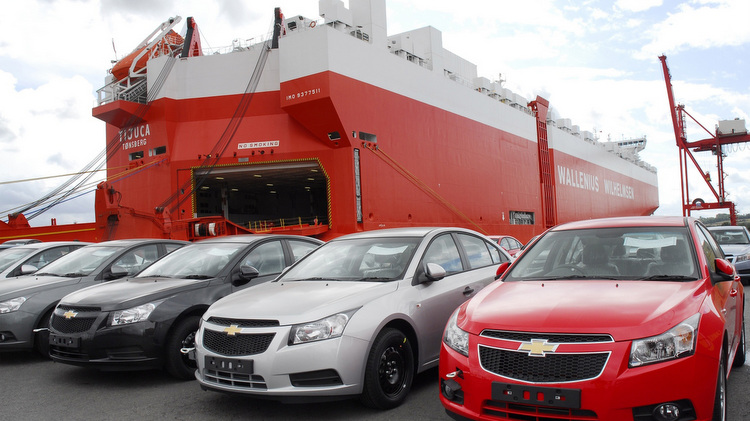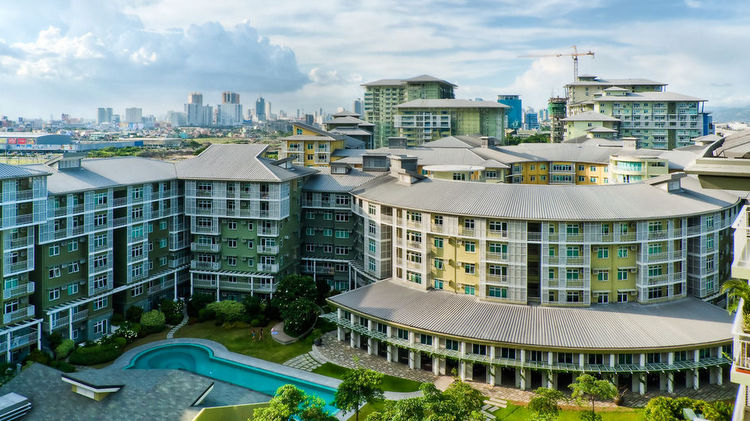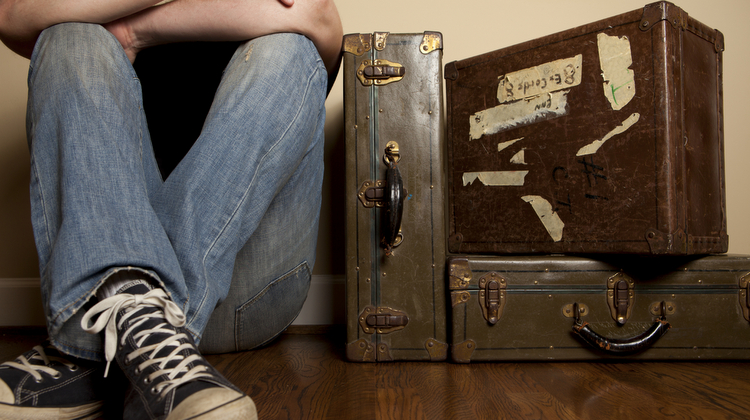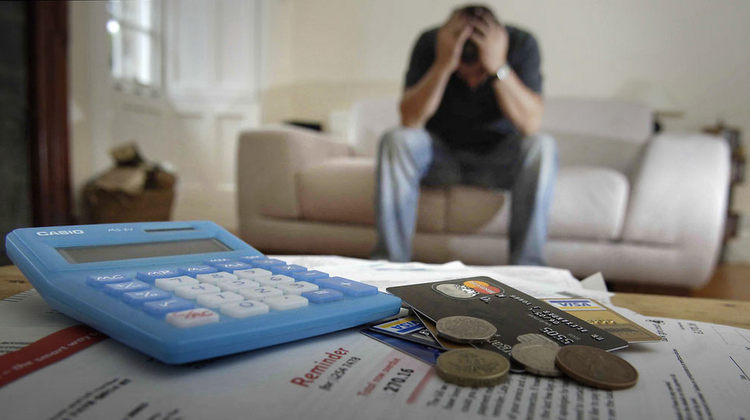
Retirement is time to enjoy life – when you finally see the fruits of your labour and the hard work have paid off, and now you can do whatever you please for the rest of your life.
That’s all well and good, but many of those dreams also depend on one crucial factor: good health.
Too many people approach retirement and beyond fearing what might happen to their health, rather than seeing their golden years as an opportunity to live healthier than ever before.
So, now that you have all the time in the world, how can you stay healthy, and even increase your health, as you retire in the Philippines?
5 Key Elements to a Healthy Retirement
1 – It Sounds Cliche, but…Exercise!
Retirement is the ideal time to build a new routine, and exercise should be a central part of that routine.
Sure, there are retired folks who take up Thai boxing and run up mountains for the hell of it, but you might have something a little gentler in mind.
If so, consider Tai Chi (an ancient movement and breathing technique which can induce transcendent experiences), Pilates, and of course, yoga.
While these are gentler forms of exercise, don’t be fooled into think they are easy. Yoga, in particular, can be as challenging as you want it to be.
The great thing about these forms of exercise is they all keep your blood flowing and are good for your bones and joints.
Walks on the beach, light jogging, and hiking are also great ways to get in some exercise while exploring the Philippines in retirement.

2 – Drink Freshly Pressed Juice
Juicing has become somewhat of a fad in recent times, but the science underpinning it is rock solid. Juicing is a simple way to get everything your body needs, especially if, like the author, a plate of greens is extremely unappetizing.
There are lots of great juicing recipes, and it can become somewhat of a lifestyle once you get into it. Some juicing proponents drink 3-4 juices a day, getting the perfect balance of nutrients needed.
There are even specific juices to help certain ailments you might suffer from. Juices exist for arthritis, to help strengthen teeth and bones, and for all sorts of conditions you might either need help with or wish to avoid.
Juicers won’t cost a fortune, and with the abundance of fresh, locally grown fresh fruit and vegetables in the Philippines, there’s no excuse not to get into it.
3 – Eat Well and Use Supplements
If you come from a Western country and have retired to one of the Philippines many sleepy islands, you might notice that along with the slower pace of life comes a passion for cooking and food.
When I first moved to the Philippines, I was fascinated by how my Filipino family treated food and eating as an art form. Hours would be spent preparing freshly cooked meals, whereas I was used to a ‘pop it in the oven and wait’ style of eating.
There is no better place in the world to eat well than the Philippines. Fresh produce is abundant and extremely inexpensive.
Since you are retired, you will also have all the time in the world to prepare meals properly.
While you will be able to find the food needed for a balanced diet basically anywhere in the Philippines, you can use supplements to fill in any gaps. You should note that imported supplements will cost a fair chunk of change here, and so it might be better to order supplements online.
It really is possible to eat well in the Philippines. Use that opportunity to eat for health.

4 – Stay Mentally Stimulated
While the body can have profound effects upon the mind, the opposite is also the case.
You need to stay mentally stimulated to stay healthy, and it is quite easy to slip into a ‘do nothing’ routine in retirement.
The Philippines will have English language bookstores everywhere, so this is an ideal time to take up reading.
You will also almost always find friends who can play games like chess, Go and Mahjong here.
Trust me, the first time you play Mahjong against your new Filipino friends, you will have discovered something that can keep you ticking mentally for the rest of your life.
Of course, one of the best ways to stay mentally stimulated is to learn the local dialect. If there is one way to make life easier, get a better understanding of the culture you are living in, and make friends locally, it is to speak either Tagalog, the local language where you are living, or both! Learn Tagalog with any of these products.
Don’t overlook the need for mental stimulation and challenge in your quest for a healthy retirement. It’s just as important as any other factor on this list.
5 – Relax and Unwind
Yup, this is the best part, and you have earned it.
There is no better place in the world to relax and unwind than the thousands of tropical islands the Philippines offers.
Walks on the beach at sunset, snorkelling on colourful coral reefs, or just enjoying a good book with the sound of the waves lapping on the shore in the background are all ways to chill out and enjoy yourself.
Rest and recovery is an essential part of good health, and now that you have finally reached the age where you can retire in the Philippines, you have all the time in the world to do just that!

Summary
Follow the five steps above to enjoy a healthy, satisfying retirement in the Philippines.
While moving anywhere will mean some transition, some challenges, and some adrenaline rushes, implementing the five tips outlined here will keep you feeling great and living longer.
Enjoy your retirement in the Philippines!
5 Tips for a Healthy Retirement in the Philippines













